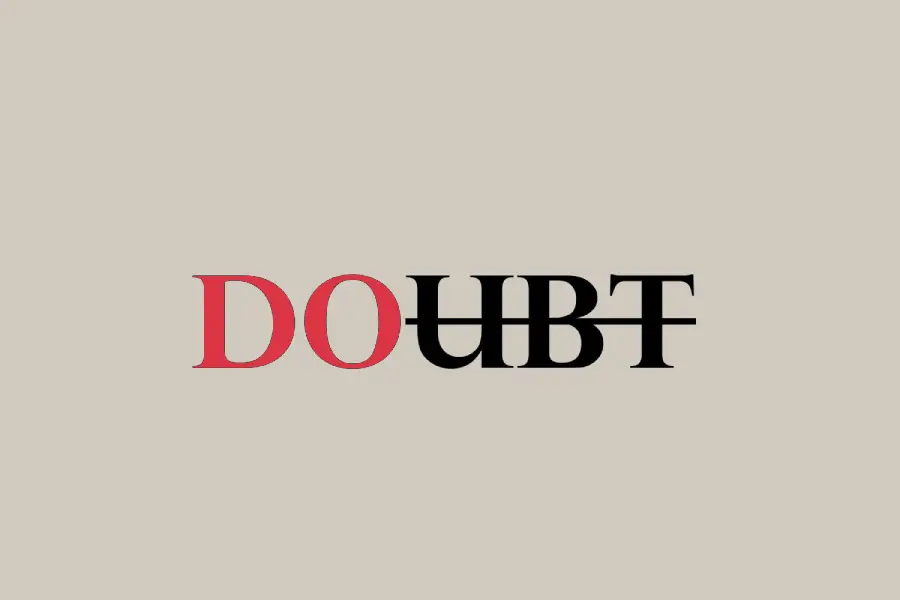
People measure success within their careers differently over the years. Some may attribute it to experience, skill set, luck, or the right-place right-time, but there can be a deeper reason involved; one that you may not even realise.
How is it that some people in the workplace have the Midas touch when it comes to their career choices, whereas others find themselves stuck? Often, the people who are seeing great success can be less experienced or qualified, whereas the highly intelligent people have stagnating careers.
You may find yourself wondering why. What sets these people apart? More often than not, it’s their Emotional Intelligence.

What is Emotional Intelligence?
Emotional Intelligence (EI) is the ability of a person to appreciate and understand emotions in both themselves and those around them, and adapt accordingly to channel positive relationships. For example, a person with a well-developed EI can sense pending hostility, frustrations, and insecurities in team members, and can then choose to modify their communication to make team members feel more comfortable, heard, or empowered, which can result in increased productivity.
The popular, mainstream opinion often assumes that people with the greatest cognitive intelligence or practical skill sets are the ones who will see the greatest success, but years of experience and research indicate that emotional intelligence has a much greater influence on career progression, especially at higher levels of management and within leadership positions.

Why does Emotional Intelligence have such power?
It basically comes down to the influence that EI offers others. People who are able to identify, differentiate and control both their emotions and those around them, can guide and inspire more productive relationships in the workplace.
Yes, this sounds all warm and fuzzy and can be easily dismissed or underestimated due to its nature, but its impact on a person’s professional development is quite significant. Typically, people with well-developed EI are more likely to know when their emotions are influencing their thinking, allowing them to make more rational and impartial choices. Additionally, these people may also find it easier to recognise and respond to others’ thoughts, views, and emotions. As much as we may want to dismiss EI in the workplace or consider it a secondary factor for professional success, the workplace and its transactions are an emotional experience.
EI is all about the intent
The reality is, Emotional Intelligence isn’t just about simply having the competency; it’s an action-based quality which means that intent is how someone with a high EI reaps the benefits. People who are emotionally self-aware have the capacity to tune into their own feelings, know their triggers and signals, and recognise how their emotions will affect their performance and relationships. Some people can be quite self-aware and use EI to cultivate positive workplace environments as managers and leaders, whereas others may understand EI and aim to improve the way they approach their emotions which fosters harmonious relationships and performance.
EI is equally important in understanding and reading the emotional cues of others and adapting accordingly. For example, if you can sense someone’s concerns or fear of risk, and you fail to act to reassure and support them toward a favourable outcome, then that may make you an observational empath, rather than an Emotionally Intelligent leader. The latter is what helps you improve your professional standing. Extraordinary leadership starts from the inside out and is the difference between a meaningful professional existence, and one that misses the mark in effectiveness, impact, and inspiration.

The typical signs of Emotional Intelligence
People with high EI have a wide scope of capabilities that range from self-awareness and self-management (meaning that they understand their emotions, and can regulate them toward a positive outcome), to a social consciousness and relationship awareness (reading and channelling emotions within group interactions).
Emotional Intelligence and Your Professional Career
Understanding these typical signs of Emotional Intelligence, it’s easy to see how, with both internal and external influence, it can play such a large part in the workforce.
Typically speaking, struggling with change, working within a team and interacting with others are the main barriers to professional progress. However, those with high EI can manage shifts and relationships with colleagues and develop a strategy to keep them grounded, which results in stronger business outcomes and more effective leaders.
How can Lifeology Help You?
Having years of experience assisting people to understand and enhance their Emotional Intelligence, I have helped many people discover their true potential in both their working and personal lives.
Although our Emotional Intelligence becomes more ‘set in’ with age, it is malleable and, along with self-awareness and coaching, can be focused on and enhanced in an effective way, to improve career growth and success.
Feel free to contact me to find out how!
For more information, contact Kerryn at [email protected] to discover your emotional potential today.
Coaching is available
Our coaching will unlock your potential and provide top-down clarity and confidence. Actionable goals and awareness will help bring growth and change.Contact Us
Call: +61 419 718 719
Office Hours:
- Weekdays from 9 am to 5 pm
- Weekends by Appointment Only
Articles

Embrace Discomfort to Fuel Your Learning and Personal Growth

Why Hiring for Potential Is A Smart Move

12 Factors that contribute to personal success (Part 2)

12 Factors That Contribute to Personal Success (Part 1)


